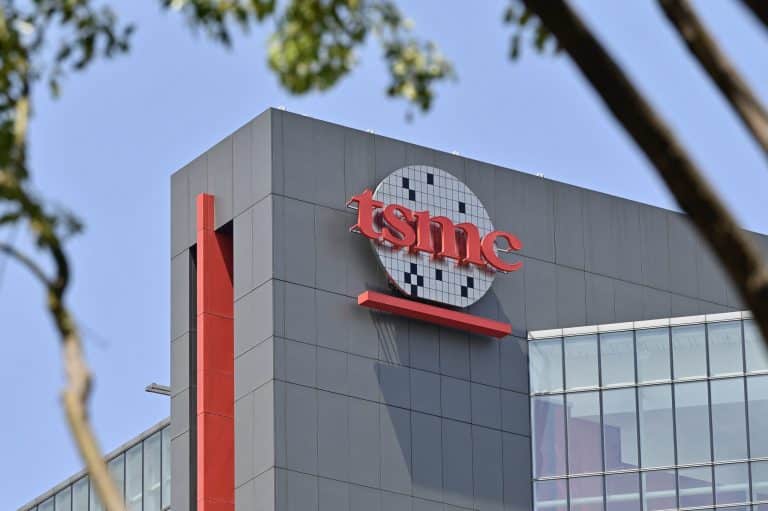In a report by some sources, Apple’s primary chipset maker and supplier, TSMC, has allegedly begun testing its 3nm chipset, reigniting rumours that the A16 processor in next year’s iPhone 14 will be manufactured using the new process.
The successful completion of pilot production of tapeouts will indicate that the foundry is on pace to begin mass production of the 3nm chipsets next year. And, according to reports, this should occur within the first half of 2022. As a result, there is still a potential that the iPhone 14 will take advantage of the most recent semiconductor manufacturing technologies on the market.
Digital Times claimed, citing industry insiders, that the first batch of 3nm chipsets is presently being produced for experimental purposes. This is encouraging news, especially considering that prior reports indicated that there may be some teething troubles when the manufacturing first began. However, those were merely rumours, and TSMC has not confirmed them yet. The sole formal comment made by TSMC came during its quarterly results call in April, during which the company stated that tapeouts of the 3nm chips might begin as early as Q4 2021, if not sooner.
As a rule, the time between low-yield risk manufacturing and mass production or shipment of chips to smartphone manufacturers is up to a year, so it is unlikely that the chips will be ready for assembly until the first half of 2022. This provides some encouragement for the Apple A16 chipset, which is expected to power the iPhone and high-end iPad models next year. This timeline, on the other hand, has generated significant disagreement among commentators.
Apple products such as the iPhone, iPad, and Mac are expected to adopt 3nm chipsets by 2023 according to prior reports from The Information. This is in contrast to certain rumours claiming the iPhone 14 will have a 3nm chipset. If the latter is shown to be accurate, and considering that TSMC appears to be on pace to meet its production targets for the 3nm chipsets, Apple may find itself in a position to get more good feedback from customers. Apple launched the 5nm chipset with the iPhone 12 last year, and the iPhone 13 continues to employ the same manufacturing process.
Apple’s goal to phase out Intel chipsets in favour of stronger in-house chipsets will be dependent on how well TSMC manages to accelerate the manufacturing of 3nm chipsets in a short period of time. Apple, on the other hand, will not be alone. Also using 3nm chipsets are companies like Intel, AMD, and Qualcomm, who are among TSMC’s other clients. Because Intel will require the technology, Apple will make every effort to keep TSMC’s production line dedicated to iPhone and Mac chipset manufacture.
Even in the best-case scenario, the low-yield risk manufacture of 3nm chipsets cannot ensure that mass production will commence prior to Apple’s release of its iPhone 14 handset. And in such a scenario, Apple will be forced to proceed with the 5nm technology for its next A16 chipset, which will power the iPhone 14 later this year.

